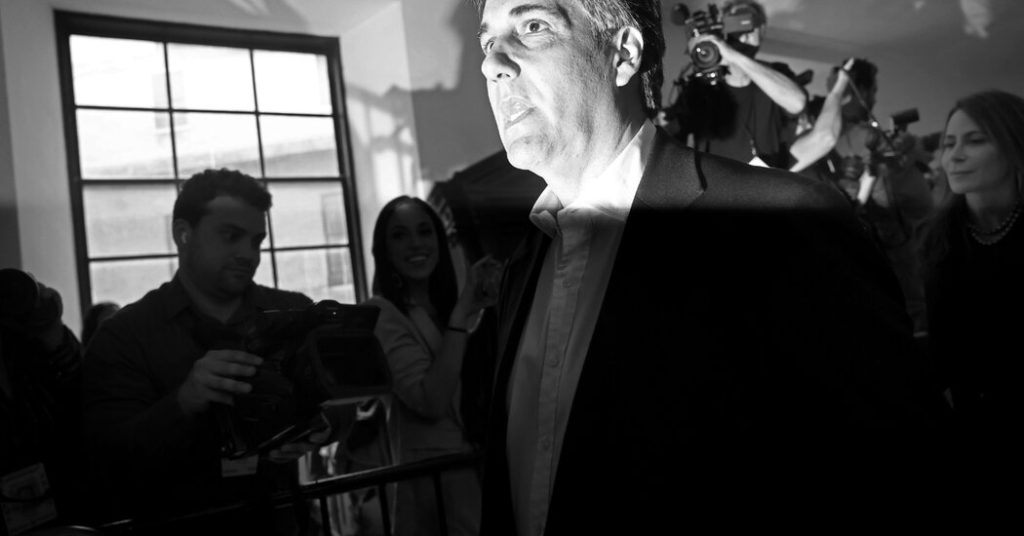In the final stage of the trial in the People of the State of New York v. Donald Trump, Michael Cohen is expected to testify. Some observers originally believed his testimony was crucial for the prosecution to establish the elements of the charged criminal offenses. However, evidence presented so far in the trial suggests that the prosecution may not actually need Cohen’s testimony to prove their case. The Manhattan district attorney, Alvin Bragg, has gathered evidence independently that seems to corroborate Cohen’s accounts of the hush-money scheme to silence Stormy Daniels.
Although calling Cohen as a witness could potentially add further critical evidence to the prosecution’s case, it also comes with risks. Cohen, as a colorful and dramatic character, could potentially undermine the case due to issues related to his personal baggage. However, the testimony of insiders who turn state’s evidence against their bosses has been crucial in cases involving alleged conspiracies, such as organized crime, economic crime, and political corruption matters. Cohen, as an insider, may provide a detailed account of the charged scheme and Trump’s alleged involvement in it.
The trial has already presented evidence from witnesses like David Pecker, Jeffrey McConney, and Hope Hicks, establishing a clear narrative of a scheme to suppress negative stories about Trump and attack his political adversaries. However, a key issue that remains to be addressed is whether Trump was aware of the alleged cover-up scheme involving reimbursement checks disguised as legal payments to Cohen. Handwritten notes from Allen Weisselberg suggest he may have been aware of the hush-money scheme and its cover-up, raising questions about Trump’s knowledge and involvement.
Despite the substantial evidence presented in the trial, prosecutors may still feel the need to call Cohen as a witness. This decision comes with significant risks, considering Cohen’s recent claims about lying to a federal judge and his potential credibility issues. The prosecution may be banking on Cohen’s unique detailed and direct evidence, even though they have a mountain of independent proof of guilt. Jurors often want to hear firsthand accounts of events, even if they already know what occurred, and this testimony can sometimes sway their verdict despite the other evidence available.
Andrew Weissmann, a former senior prosecutor in Robert Mueller’s special counsel investigation, emphasizes the significance of insider testimony in cases with overwhelming evidence of guilt. Jurors may be more convinced by a flawed insider providing detailed evidence of the defendant’s guilt, even if they later claim they did not believe or need that witness’s testimony. The outcome of calling Cohen as a witness in the People v. Trump trial remains to be seen, as the prosecution weighs the benefits and risks of relying on his testimony to bolster their case against Donald Trump.


